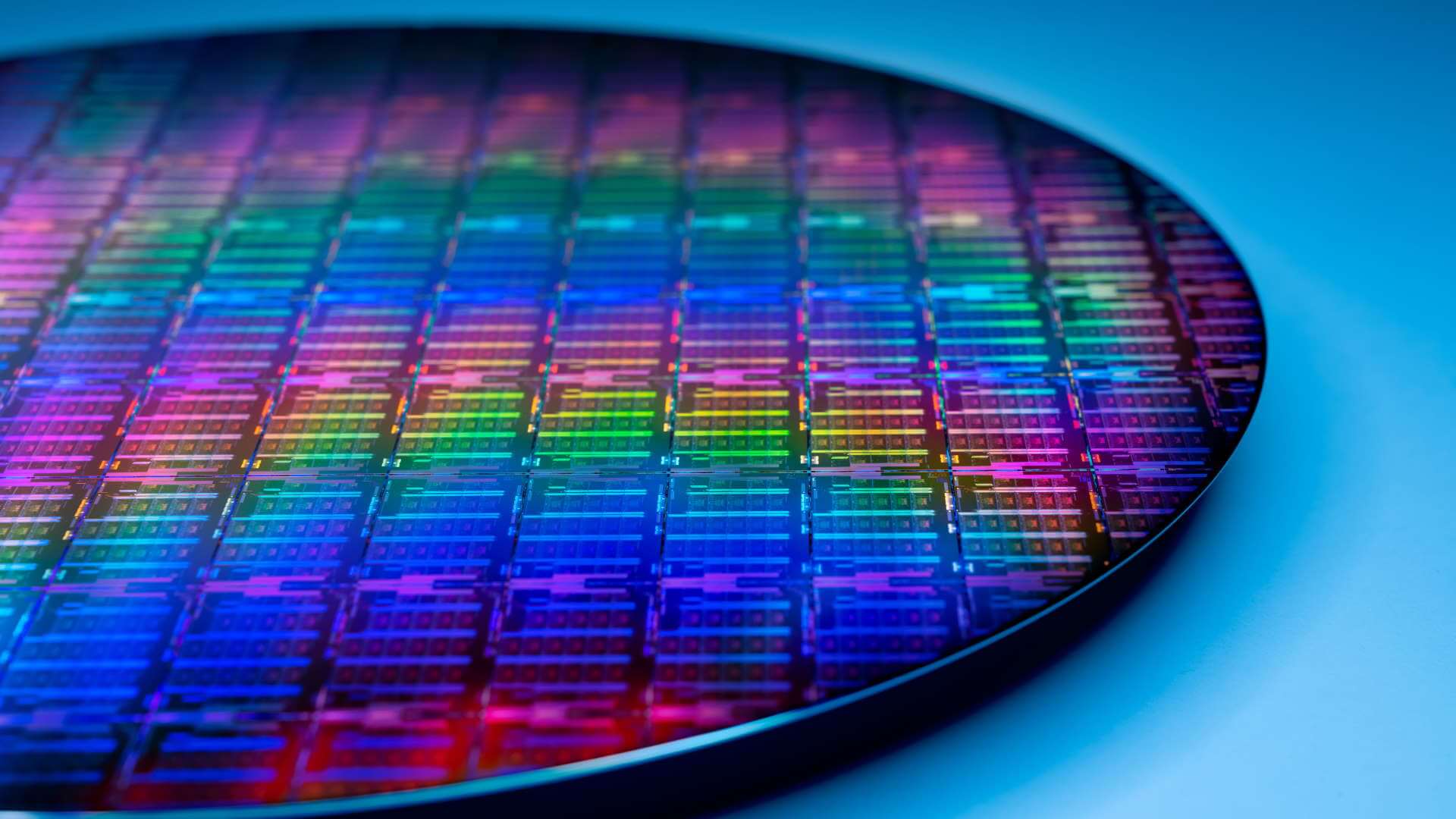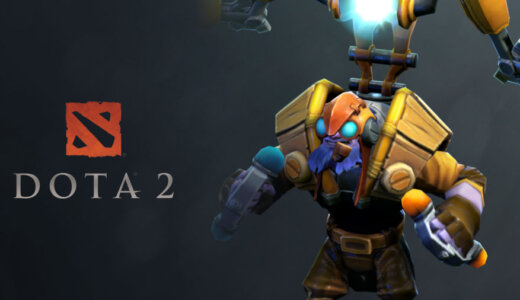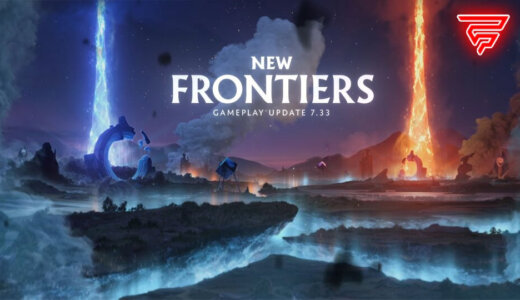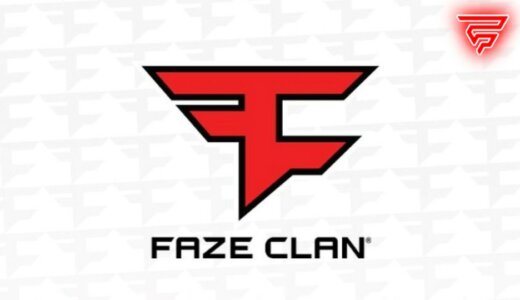According to well known leaker and YouTuber Moore’s Law Is Dead, Intel will retain DDR4 memory support for its upcoming Raptor Lake series of CPUs. This, in short, is absolutely stellar news as, well, there weren’t any guarantees. And while this isn’t a guarantee either, MLID has been spot on with basically every single leak thus far, so we’re willing to take his word as gospel!
Raptor Lake will support DDR4.
Some people might say "duh", but I have seen a conspiracy theory going around that Intel would obsolete DDR4 mobos when Raptor Lake launches. No, they won't.
Rest easy DDR4 Alder Lake buyers 😊.
— Moore's Law Is Dead (@mooreslawisdead) November 8, 2021
Similar, And Yet Noticeably More Powerful
This also means that the forthcoming Alder Lake successor (scheduled to release around Q4 2022) will retain the novel LGA1700 socket and could, potentially, be compatible with all existing 600 series motherboards! Now, on the one hand, this probably won’t come as too big of a surprise seeing how Raptor Lake is expected to retain the same architecture and is, therefore, a fairly “straight-forward” update over Alder Lake. On the other hand, one can never be too certain with “team blue.”
Moreover, we can expect noticeable gains in performance across the board as Raptor Lake will reportedly offer twice as many efficiency cores over its predecessor. We’ve seen just how big of an impact these small Gracemont cores can have on a wide range of workloads, so having them doubled means Raptor Lake is bound to leave a mark — and a wholly positive one, too.
How well it’ll compete with AMD’s next-gen Raphael CPUs (AM5) still remains to be seen, though. We also don’t know whether AMD will continue supporting DDR4 like Intel or will, instead, focus solely on DDR5.
In any case, we — the consumers — are bound to benefit the most from this clash of (tech) titans! DDR4 memory support is hugely important at this point in time (doubly so for Raptor Lake) as its “descendant” isn’t nearly as alluring or cheap. The performance delta simply doesn’t justify the asking price, and that probably won’t change any time soon given the current state of the market.
In other words: being able to retain their existing memory kit is undoubtedly a huge benefit for millions of PC builders across the globe!







